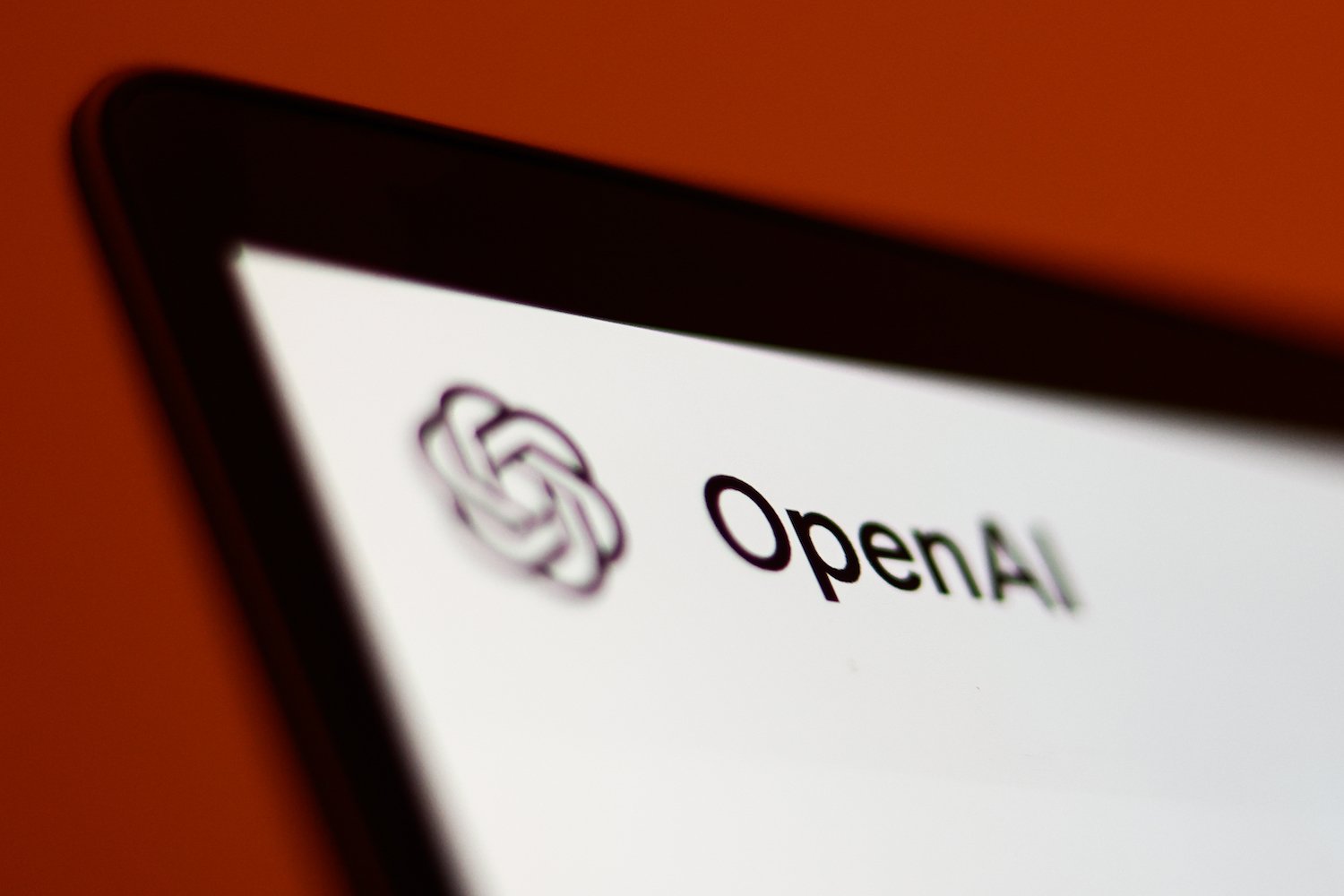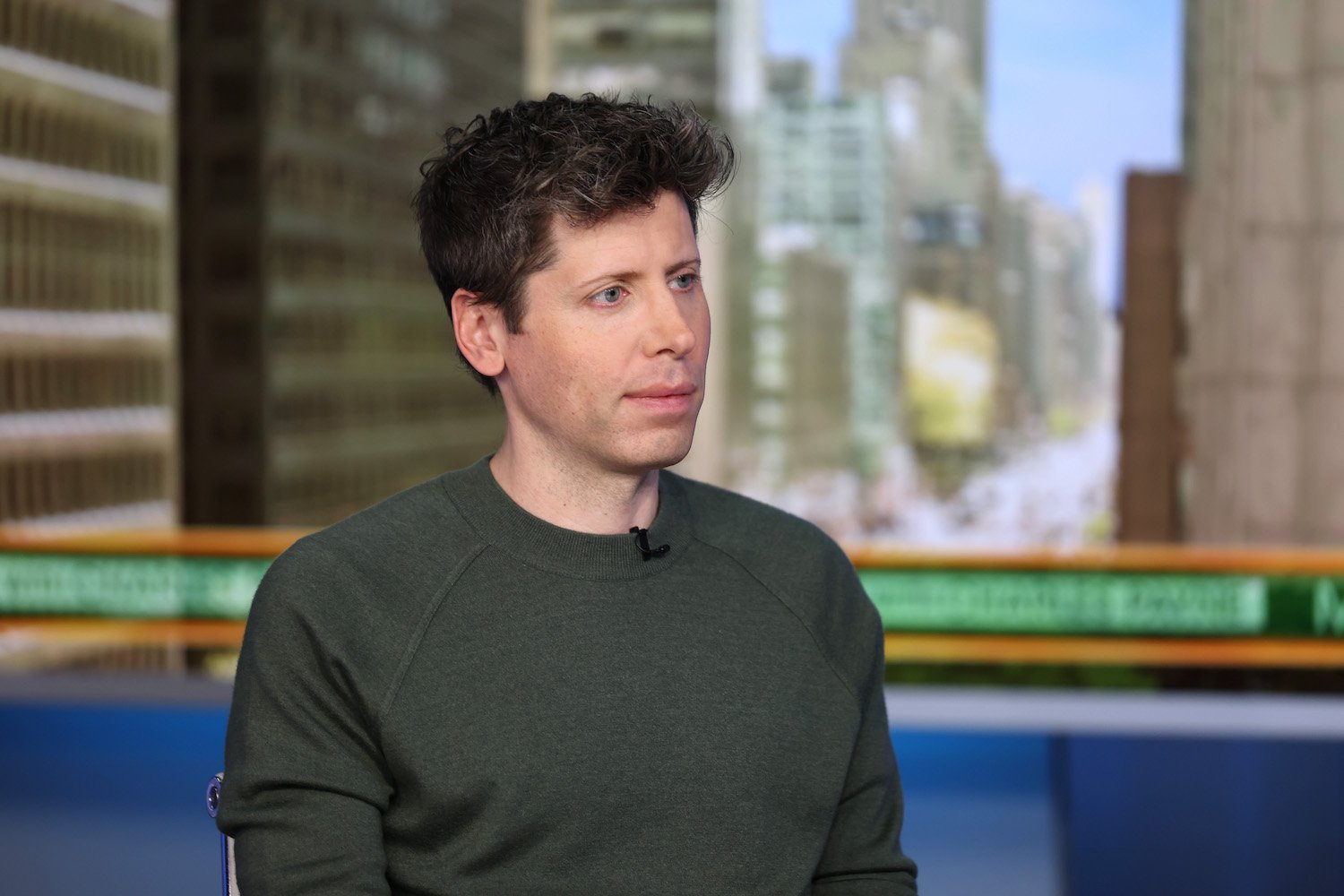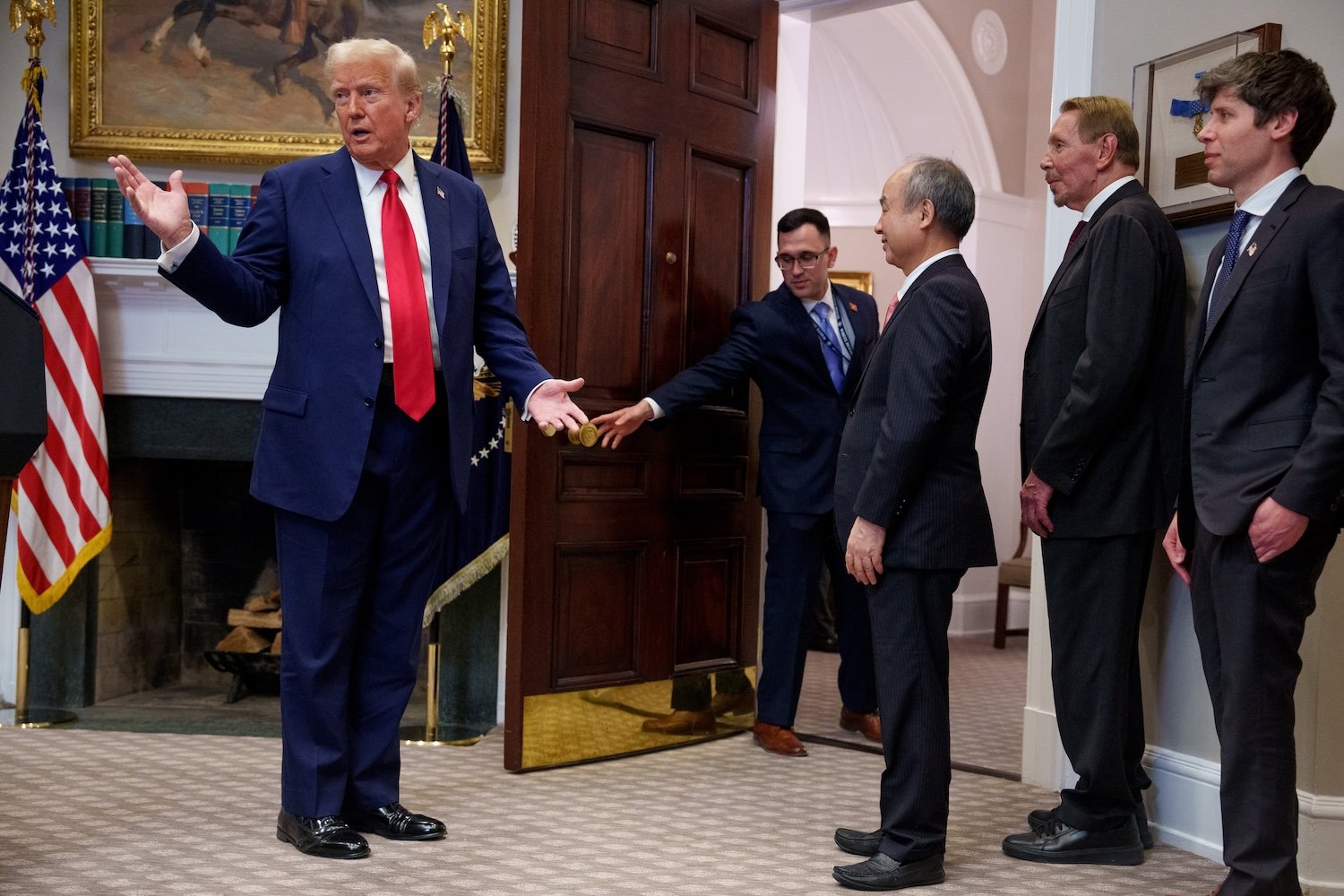OpenAI, the company behind ChatGPT, has released a whitepaper titled AI in America: OpenAI’s Economic Blueprint, advocating for a minimally regulated AI landscape in the United States. This blueprint envisions a future where the government provides extensive data access to private AI companies, potentially shaping the nation’s economic trajectory.
OpenAI’s document portrays AI as both incredibly powerful and potentially dangerous. It warns against allowing autocratic regimes to control this transformative technology, emphasizing the economic opportunities AI presents. The blueprint suggests that the US can achieve AI dominance by fostering the growth of AI infrastructure, including data centers, chip manufacturing, and power plants, leading to job creation and economic growth.
Central to OpenAI’s proposal is the sharing of government data, including sensitive national security information, with US AI companies. The blueprint recommends providing these companies with briefings on security threats and access to the results of AI model testing. It further suggests sharing government expertise on securing intellectual property and mitigating risks associated with increasingly powerful AI models.
Beyond national security data, OpenAI advocates for increased access to publicly available government data. The blueprint argues that making this data more machine-readable would benefit US AI developers, especially in areas where the government holds significant amounts of vital data. In return, developers would collaborate with the government to extract insights from this data, potentially informing public policy.
OpenAI emphasizes the importance of infrastructure in the AI era, highlighting chips, data, energy, and talent as crucial resources for maintaining US leadership. The blueprint calls for investments in infrastructure to reduce the cost of computing power, create jobs, and modernize the energy grid. It suggests that this approach will drive innovation and long-term economic growth.
The release of OpenAI’s blueprint coincided with the Biden administration’s announcement of new regulations on the AI industry. These regulations establish a tiered system for countries with which AI companies can do business, placing the US and its allies in the first tier with no restrictions. China and Russia are in the third tier, prohibiting AI companies from engaging with them. The remaining countries fall into the second tier, subject to caps on AI development.
These new regulations have sparked criticism from companies like NVIDIA, who argue that they represent excessive government overreach and hinder American leadership in the semiconductor and AI industries. These regulations seem to contradict the deregulatory approach advocated by OpenAI.
OpenAI’s CEO, Sam Altman, has previously navigated a complex position, advocating for both the unleashing of AI’s revolutionary potential and the need for its regulation. With a change in administration and Elon Musk’s close ties to the incoming president, the future of AI regulation in the US remains uncertain. It remains to be seen how OpenAI’s call for deregulation and access to government data will be received by the new administration.









